Meet Engineering's Newest Faculty Members
POSTED ON: December 13, 2021
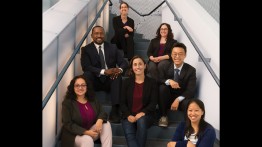
Photo by Leo Sorel
A total of seven full-time engineering faculty members joined the Albert Nerken School of Engineering over the last two years. With most of the lines opened as a result of retirements, the new hires constitute a 21 percent change in the school’s tenured and tenure-track faculty.
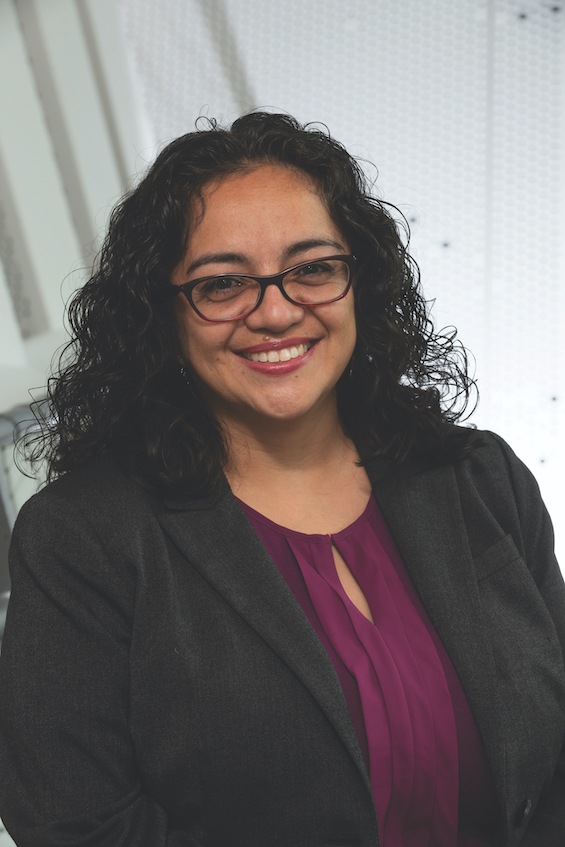
Her research on the role of transition metals in provoking a chemical reaction has taken Fabiola Barrios-Landeros, an assistant professor of chemistry who joined Cooper in 2020, to labs and classrooms in the United States, Mexico, Canada, Switzerland, and France. A brief sampling of her research-and-teaching travels include a Frontiers of Science fellowship at Columbia University, post-doctoral training in Basel, and a sabbatical semester in Paris conducting research at the École Normale Supérieure. The common denominator in Barrios-Landeros’ travels is a commitment to making science education available to everyone and to increase diversity in STEM fields. She said in an interview this summer, “If my journey is an inspiration for someone else, so be it. And that’s something that doesn’t come from any book; it can only come from me.”
A graduate of the National Autonomous University of Mexico (UNAM), Barrios-Landeros earned her M.A. and Ph.D. at Yale in organometallic chemistry, and today her central research focuses on developing a novel aromatic acyloxylation reaction catalyzed by copper compounds. While a professor at Yeshiva University for nine years, she taught chemistry and conducted research with undergraduate students, mentoring five honors theses and receiving a 2014 Cottrell College Science Award by The Research Corporation for Science Advancement.
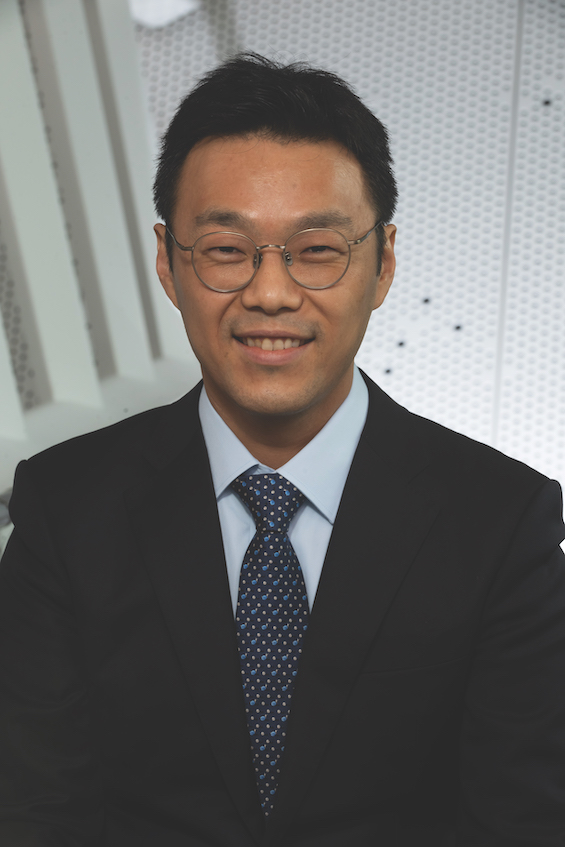
Ja-Beom “JB” Koo always knew he wanted to teach. But the new assistant professor of electrical engineering thought he could serve students best if he had first-hand knowledge of the industries they’d be entering. So after earning his Ph.D. from the University of Washington in 2016, he took a position at Intel designing microprocessor chips for radio-frequency circuits such as WiFi and Bluetooth. He loves engineering and plans on continuing his research in that area, but teaching is equally critical to him. He was drawn to Cooper to work with students directly both in the classroom and the lab.
Professor Koo knows many engineers in industries related to electrical engineering; he plans to help students connect with those associates to secure internships and jobs. He sees this as a critical aspect of his role at Cooper and has already disseminated information about spots at Google: “I’m working hard to connect students more closely to the industry because right now I’ve heard that the only way students can connect to the industry is through career fairs. I want to open more opportunities in industry for students.”
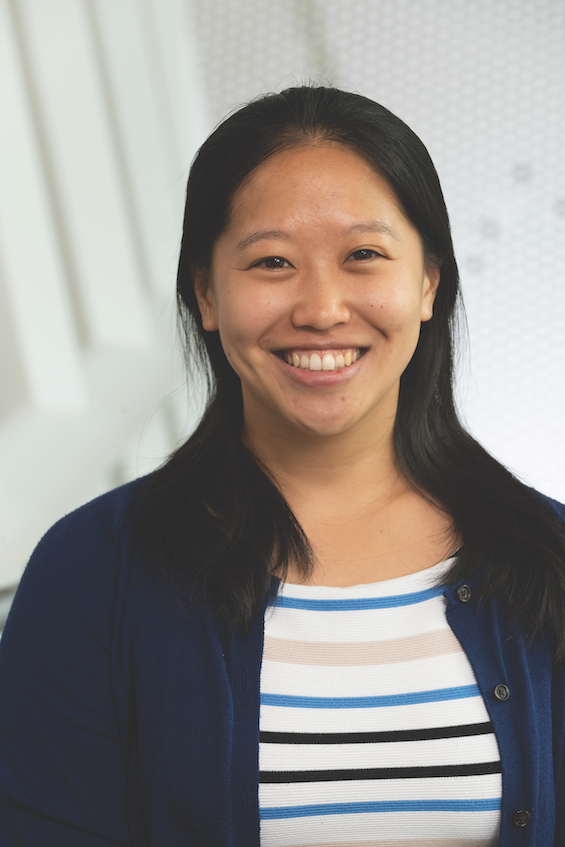
Cynthia Lee joined The Cooper Union in the Summer of 2020. With a Ph.D. in civil engineering from Georgia Tech, she brings expertise on subjects of dire importance as the world adapts to climate change. Her dissertation details innovative ways to use artificial intelligence to monitor infrastructure using data integration and machine learning while also studying infrastructure systems to determine and fix their vulnerabilities. During her first months at Cooper, she worked with colleagues on reorienting the introductory engineering course, EID101. She directed her section to focus on critical infrastructure and resilience, a topic general enough to give students a great deal of latitude but specific enough to underscore a particular goal in civil engineering.
Class members worked on one of three topics of urgent relevance to the city: airflow in subway tunnels; localized flooding; and data visualization for roadway damage. She notes that “this was an opportunity for students to zoom out and think about the applications of the field as it exists in the city that they are going to be in. Not all, but many of them are from New York City.”
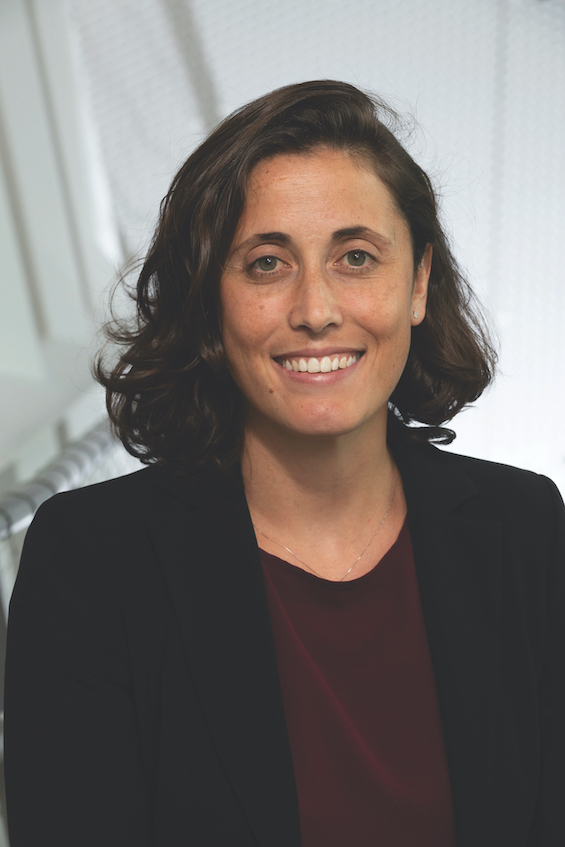
Alice Pisani, assistant professor of physics, came to The Cooper Union to teach and do research in her field of cosmology. “My main topic of research is looking at the largest regions in the universe. I find regions where there are very few galaxies and those are called cosmic voids. But they’re not really voids; they’re just under-dense or have fewer galaxies. We know that the universe is expanding at an accelerated rate, but we don’t know why. We’re seeing that the universe is made up of 70% dark energy, and it turns out that cosmic voids are dominated by dark energy. So if we want to understand this component, it’s a very good place to look.”
Pisani, who is Italian and earned her Ph.D. in Paris, has a joint appointment with the Center for Computational Astrophysics (CCA). She is eager to engage Cooper students in projects that make use of CCA’s facilities and that combine computational astrophysics with other areas of expertise.
“Extracting cosmological information from cosmic voids using machine learning is something that could be done jointly between the two institutions,” she says. Pisani would also like to work with Cooper art students on creating visualizations based on data: “It’s very hard because cosmic voids are emptier regions… and sometimes in papers we have algorithms that are able to find those regions using galaxy maps, and then we have to illustrate those. And, of course, this is extremely difficult to do in 2D.”
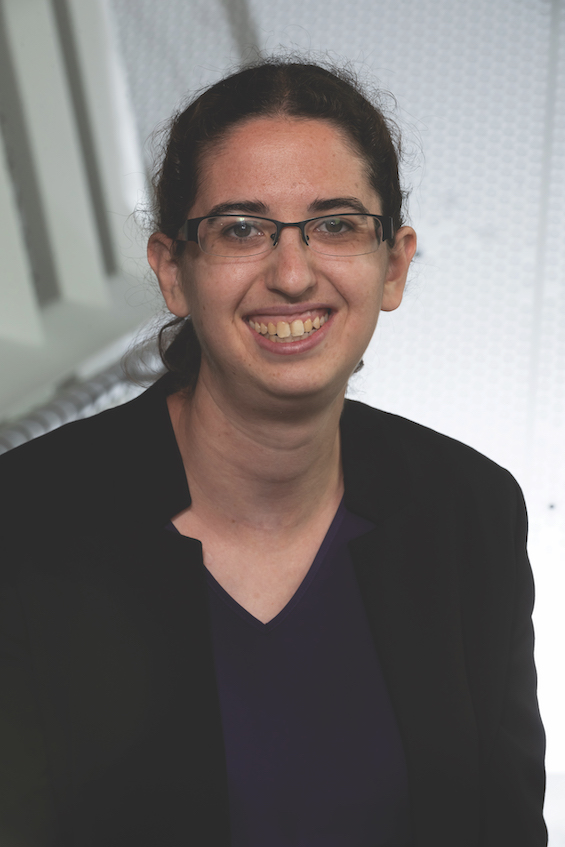
Abigail Raz, a new assistant math professor, is looking forward to working with students in person and “to get to work with those first-year students who have gone through their last year of high school virtually and have had what I imagine to be an incredibly challenging experience.”
Raz, whose research focuses on a field known as combinatorics or discrete math, gleaned useful information about class participation during the semester of online teaching. She found that students were more likely to participate using the chat function of the class software—an area of the interface that lets participants write their observations or questions—than they were speaking aloud. Now that she and her students are back in the physical classroom, she lets students jot down their ideas or questions, and then responds either one-on-one or in the following class.
At a school the size of Cooper, she notes, teachers can respond to students’ learning styles and create innovative learning experiences. “That’s been really exciting to just be in a place that wants a top-notch undergraduate pedagogy and to do that we need to be trying new things. And Cooper seems very open to that.”
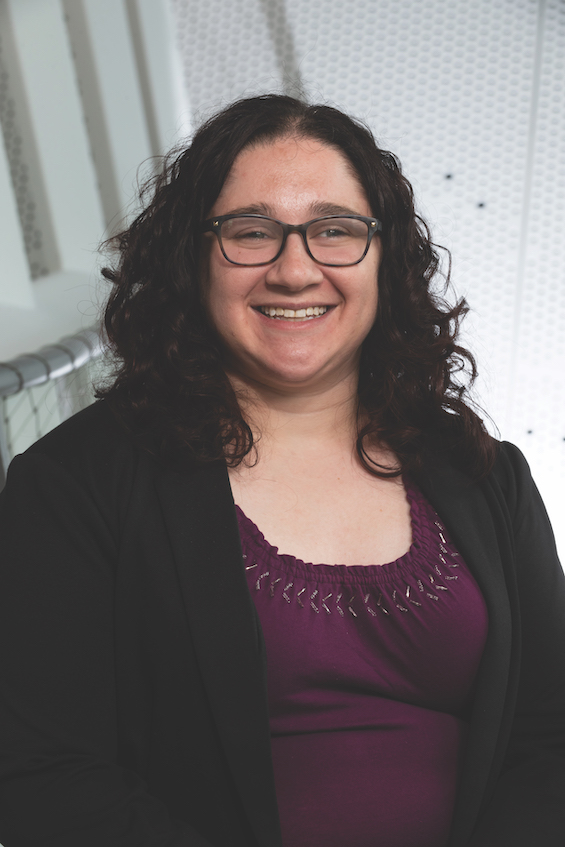
Michelle Rosen, who began teaching as an assistant professor of mechanical engineering in Fall 2021, knew what she wanted to study the day a professor at the University of Maryland showed her work building miniscule, jumping robots modeled after insects. She asked herself how she could merge these tiny robots with her other research interest, computational fluid dynamics. “This world of bio-inspired flying, small robots opened itself up, and so I did my Ph.D. at Harvard building these large insect-scale flying robots.”
Her work today involves studying biological models to improve robotics: “improving efficiency, improving agility, all the stuff that nature is really, really good at and robots are not.” She was drawn to The Cooper Union because of its emphasis on teaching, and the intellectual abilities of its students. Robotics, she believes, is an ideal subject to teach scientific principles in the lab. “It’s very hands-on. Students can get in and build something, and Cooper’s emphasis on that was what really attracted me.”
Noting differences between Cooper and Harvard, Rosen says that the emphasis on undergraduate education is obvious at Cooper. “Research happens [at Cooper] and it keeps faculty’s work relevant, but it also exists to help teach undergraduates how to conduct research.”
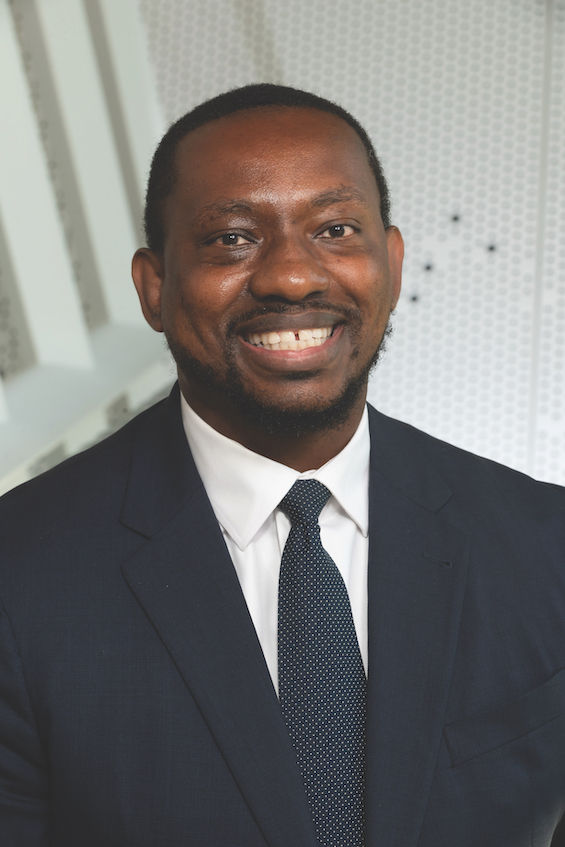
For Kamau Wright, beginning the next phase of his career at The Cooper Union is a homecoming of sorts. A Brooklyn native, the assistant professor of mechanical engineering is excited to bring his specialties—thermo-fluids and plasma engineering—not only to Cooper but to the larger community. “I want to help broaden participation in engineering by developing pathways for students in schools around the city, to learn, to become engineers and scientists, to pursue lifelong learning, and to use their technical knowledge to flourish and positively benefit society.”
Wright’s research centers on using plasma to clean water and decompose carbon dioxide by splitting it into oxygen and carbon monoxide. With plasma acting as an oxidizer, water can be cleaned, bacteria can be killed. “Plasma is referred to as the fourth state of matter—more energetic than solids, liquids, and gases. Lightning is plasma; the aurora borealis is plasma; the sun’s surface is plasma. Plasma is actually the most prevalent form of matter in the visible universe.”
Wright believes in collaborative, inquiry-based learning. “Undergraduate research can provide a transformative experience for students, helping to boost their trajectory.” Not only do they learn lab skills, they can leverage their experience into internships and post-graduate work.




